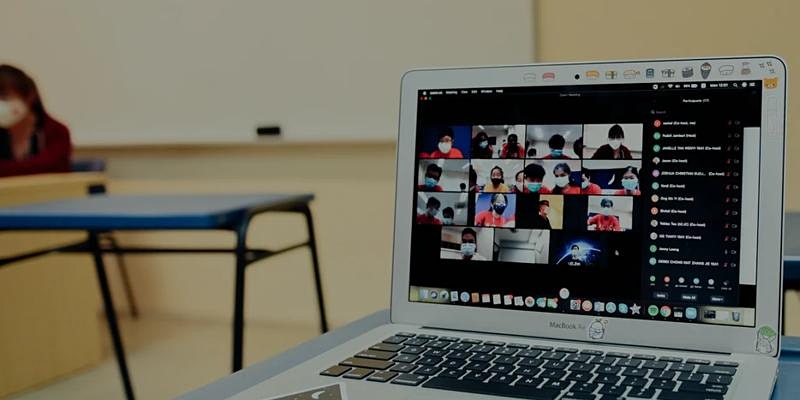
Learning for Citizenship: supporting migrant students through the pandemic

- This event has passed.
Lockdowns and school ‘closures’ in response to Covid-19 have caused major disruptions to the lives and educational experiences of everyone. This impact, however, has not been the same for all, and children from disadvantaged backgrounds are facing disproportionate difficulties and widening educational gaps. In fact, since the first lockdowns of Spring 2020, distance learning has proved to be a multiplier of educational inequalities, at the intersection of class, gender, (dis)ability, ethnicity and migration status. Despite the best efforts of individual teachers, the state of consistent disruption into which schools have been drawn makes it more likely that those who are overlooked by national policies or local interventions will fall even further behind. Among these are pupils from migrant and refugee families, and particularly newly arrived migrants in primary and secondary schools.
They tend to be less familiar with the educational system and life in the host countries; and they often face challenges due to language barriers, limited resources and their traumatic personal experiences of immigration. Moreover, for migrant students, schools represent not only spaces where knowledge and skills are acquired, but also crucial places for language acquisition and for integrating into the local community. For economically vulnerable migrant families, schools are often the first port of call to access information about public services and welfare support.
Such scenario adds to the problems which had crystallised across Europe over the past few years. Whilst, on the one hand, many countries and regions have accumulated experiences of good practice over the years, on the other, the volatility of their social and political contexts has posed continuous challenges. Among these, the emergence of new forms of nationalism, the hardening of migration policies and the redefinition of boundaries between and within national spaces, which risk placing schools at the centre of controversies and contestations. Too often the presence of migrant students and families is seen as a potential burden rather than an opportunity. Targeted resources and interventions can be scarce, and constant changes to policy and funding frameworks make it difficult to sustain successful approaches.
All this raises issues for educators and policy makers not only in terms of supporting migrant students’ attainment, but also in terms of emotional support and ensuring that young people are not victims of discrimination and racism but, rather, that they can develop as full, active and accepted citizens within their communities. Thus, forging opportunities for joined-up thinking among scholars, practitioners and policy makers becomes a key priority. Whilst some of the challenges are country-specific, much can be learned from international exchange of research and practice.
The event
Funded by the Social Policy Association (UK), this online event will bring together academics, practitioners, NGOs and policy-makers from across Europe, in order to exchange and discuss best practice of inclusion, engagement, practical and emotional support for migrant and refugee students from different backgrounds, educational levels and local contexts. The event will focus in particular on the new challenges created by the Covid-19 pandemic in the short and long term; but it will also build on years of international research on migration and education, examining how the experiences of good practice consolidated over the past years can inform new and sustainable interventions.
This initiative is organised in partnership by the icPSP (International Centre for Public and Social Policy) at the University of Nottingham; NIESR (National Institute for Economic and Social Research); EMIGRA-CER Migracions of the Autonomous University of Barcelona; and the Department of Culture, Politics and Society (CPS) of the University of Turin. The event takes place within the wider framework of ‘Learning for Citizenship’: an initiative to build an international network on “good practice of inclusion, engagement, practical and emotional support for migrant and refugee students”.
The organising committee includes:
- Alessio D’Angelo (icPSP, University of Nottingham);
- Chiara Manzoni (NIESR);
- Silvia Carrasco Pons, Laia Narciso Pedro, Angelina Sánchez Martí (EMIGRA-CER, UAB Barcelona);
- Roberta Ricucci, Pietro Cingolani, Tanja Schroot (CPS, University of Turin).
Conference support: Jasper Donelan (University of Nottingham), Amy Lines (icPSP)
Conference Programme
You can download the full programme here.
How to register
This event is free to attend but registration is required and places are limited
Deadline to register for attendance: 10/05/2021.
To register to attend this online event, please use the link below.
For queries: learningforcitizenship [at] gmail.com